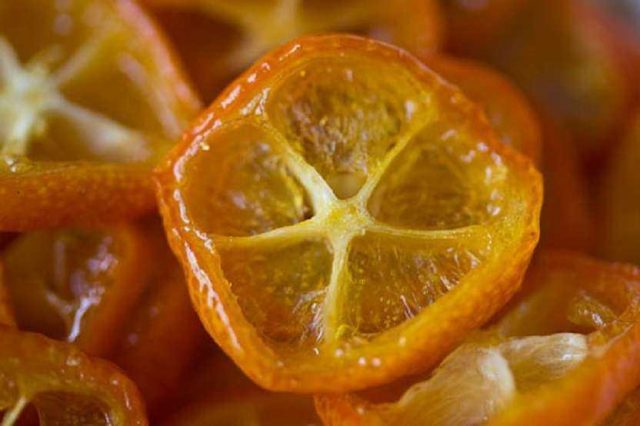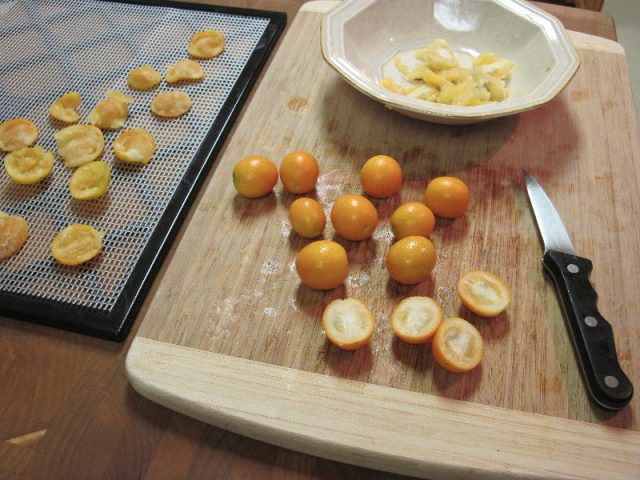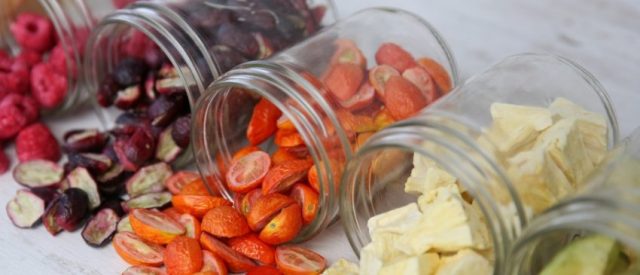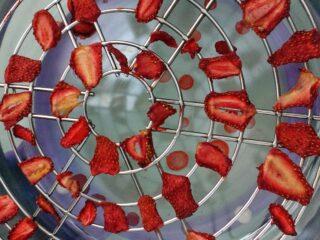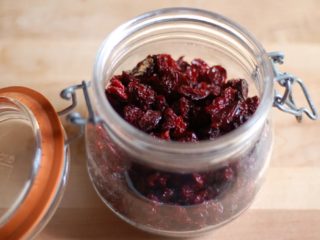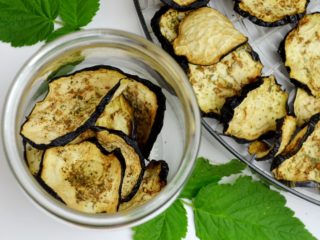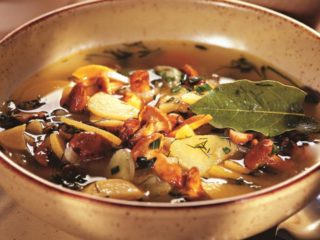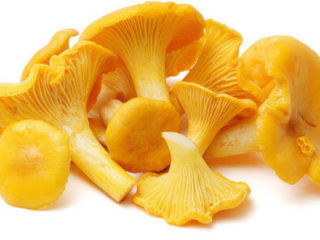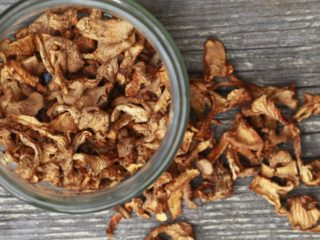Content
Kumquat is a healthy tropical fruit that belongs to the citrus group. Outwardly, it looks like an orange elongated in length. The distinctive features include the ability to eat the fruit along with the peel, since it tastes good. The beneficial properties of dried kumquat are due to the content of vitamins A, E and fiber.
Composition and nutritional value of dried kumquat
Dried kumquat is a product made using heat technology, as a result of which excess moisture evaporates from the fruit. It is also called fortunello or Japanese orange. China is considered the birthplace of exotic fruits. They grow on evergreen trees that vary in height from 2 to 5 m.
The main benefit of kumquat is its low calorie content and high nutritional value. Its use is relevant in winter, when the need for nutrients increases, and fresh fruits are not freely available. The composition of dried kumquat includes a lot of useful components:
- essential oils;
- magnesium;
- polyunsaturated fatty acids;
- vitamins C, E, B and A;
- sodium;
- beta carotene;
- iron;
- zinc;
- calcium;
- monosaccharides.
How many calories are in dried kumquat
Dried kumquat is considered a dietary product. The calorie content of dried kumquat per 100 grams is 71 kcal. Despite this, it has the property of fast saturation.
BZHU content
Compared to fresh fruit, jerky contains 3 times more carbohydrates - 9 g. The low fat content allows people who watch their weight to use the product. Protein content per 100 g of product - 2 g.
Types of dried kumquat
There are several types of treats. In appearance, they differ in color. They have the same useful properties. The product can be:
- green;
- yellow;
- red;
- Orange.
Yellow and orange fruits are found in wildlife. Dried kumquat green or red is considered artificial. These shades are obtained using a dye. To enrich the taste of the product, various additives are used in its manufacture. Useful properties do not change from this. Most often, sugar syrup or powder is added to dried kumquat.
The taste, appearance and health benefits depend on the kumquat variety. The fruit is of the following types:
- Meiwa;
- Hong kong;
- Marumi;
- Nagami.
Hong kong is considered the smallest variety of kumquat. Useful properties favor the use of the fruit for food. Tiny fruits are especially popular in China. The most aromatic type of fruit is Marumi. A characteristic feature of the Nagami is its oblong shape. For its beneficial properties, this variety is valued in the United States. Meiwa is large and round in shape. Its advantage is its lack of seeds. The benefits of this type are especially pronounced when used for medicinal purposes.
How to make dried kumquat
Dried kumquat can be purchased ready-made or made by yourself. No special knowledge is required for this. It is necessary to choose the right fruit. Their benefits depend on the ripeness and quality of the fruit. The process of preparing a jerky product is as follows:
- To create sugar syrup, water and granulated sugar are mixed in equal proportions.
- The liquid is boiled over low heat for 3 minutes.
- Kumquats are cut into circles, after which they are soaked in the resulting cooled syrup.
- The circles are laid out on parchment paper and placed in an oven preheated to 80 C ° for an hour.
- After the set time, the fruits are turned over and put into the oven for another 20 minutes.
On an industrial scale, the fruits are dried in a dehydrator or under the influence of sunlight. Most often, sugar is added to the product, which allows it to be used as a dessert, and not instead of a vitamin supplement to food. But even in this form, the fruit, due to its properties, has health benefits.
Why is dried kumquat useful?
The beneficial properties of dried kumquat are achieved due to its rich chemical composition. Despite this, it should be eaten in limited quantities. The benefits of the product for the human body are due to the following properties:
- prevention of age-related changes in visual function;
- improving the functioning of the digestive system;
- removal of toxins from the body;
- increased immunity;
- restoration of metabolic processes;
- stabilization of the nervous system;
- replenishment of energy reserves;
- relief of fungal diseases;
- elimination of excess cholesterol from the body.
The health benefits are attributed to the product's ability to replenish the supply of vitamins. To achieve the desired effect, it is advisable to eat kumquat on a consistent basis, without overusing it. The beneficial properties of green and red dried kumquat are exactly the same as those of the varieties of the product that do not contain dyes. The difference is only in appearance.
Why is dried kumquat useful for women?
Reviews of women about dried kumquat indicate the benefits of the product for weight loss. It can be a complete substitute for high-calorie desserts. The substances that make up the product have anti-aging properties. They slow down the aging process and have a beneficial effect on the condition of the skin, nails and hair. Due to the vitamin E content, jerky fruit stimulates the reproductive system. The main benefit lies in the formation of a high-quality egg and stimulation of the growth of the uterine layer. Sex drive also increases. The beneficial properties of the fruits allow them to be used as a means to stabilize the menstrual cycle.
How to choose and store correctly
When choosing dried fruits, one should focus on their color, shape and skin integrity. Minor deformation does not affect the benefit. But in general, the surface should be smooth and shiny. Before buying, you must inspect the fruit for mold. Unscrupulous sellers clean the fruit from plaque before serving it on the counter. Because of this, streaks and light spots may be present.
Dried kumquat can be stored at room temperature. In this case, useful properties are not lost. It is advisable to choose a tin can as a container for storage. Refrigeration prolongs the shelf life of the product. In this case, you can make stocks for several months. The maximum shelf life is six months.
The use of dried kumquat in cooking
In every corner of the world, kumquat is consumed in its own way. Most often, the product is used as a dessert or an addition to porridge and salads. The skin has a sweet taste, and the pulp has a slight sourness. The product goes well with spinach, Chinese cabbage and lettuce. The sauce made from kumquat, grated ginger, garlic and honey is very popular. It is served with meat or fish.
Kumquat is often used to make cooling cocktails and warming tea.In the first case, the fruit is combined with mint leaves, banana, kiwi or pear. A mixture of these ingredients can be added to ice cream. As part of tea, kumquat is combined with chamomile and honey. This tea is beneficial for nervous disorders and indigestion.
Contraindications
Before using dried kumquat for food, you should read the list of contraindications. Like other citrus fruits, kumquats are allergenic. Therefore, people prone to individual intolerance should not try the product. In this case, the benefits of the fruit are questionable. It is also not recommended to use it in the following cases:
- kidney disease;
- diabetes;
- chronic diseases of the digestive system (ulcer, gastritis).
In the initial stages of diabetes mellitus, the consumption of fruit is allowed in a limited amount. Benefits for lactating women are questionable. It is better to completely abandon the product. The reaction of the child's body to the presence of this product in the mother's diet can be unpredictable.
Conclusion
The beneficial properties of dried kumquat do not depend on the form in which it is consumed. The product can replace a full meal or supplement with it any dish. The benefits of kumquat will be most pronounced if consumed 3-4 times a week.
